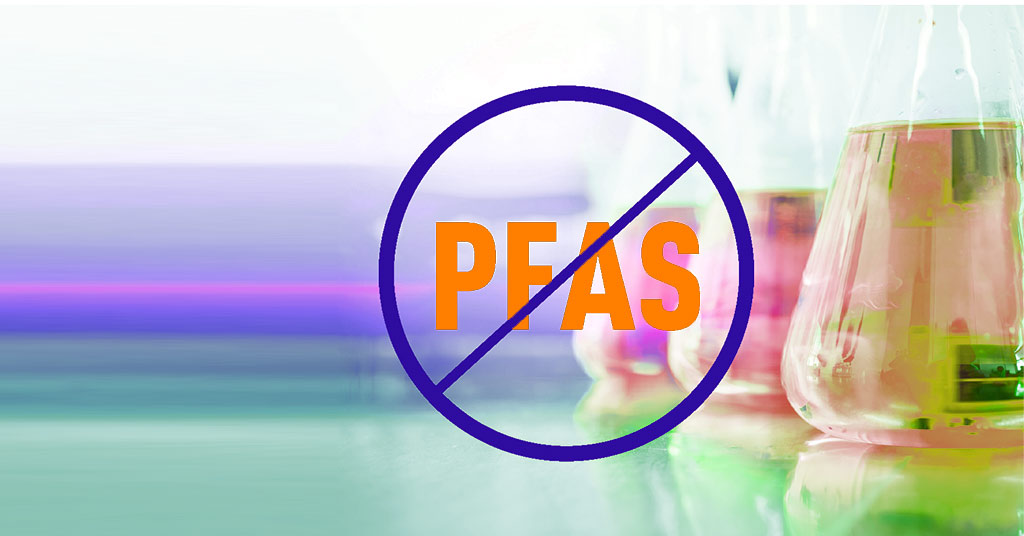Welcome To ChemAnalyst

Europe: PFAS is a widely recognized chemical that is commonly utilized to enhance resistance against water, stains, and temperature. It boasts the lowest coefficient of friction, which gives it self-lubricating properties. Although it possesses several advantages, it appears to be harmful to the environment and has been linked to health issues in humans. There are over 12,000 PFAS compounds, and a few of them have already been banned in certain regions. Scientific evidence to support health concerns for each PFAS is yet to be established, and testing may take years.
The use of PFAS, a set of chemicals with unique properties and many applications, may face restrictions or even bans in five developed economies - Denmark, Germany, the Netherlands, Norway, and Sweden. Finding a suitable substitute for these compounds can be a challenge in some cases. While the decision to completely outlaw or regulate PFAS is still in discussion, REACH and the European Chemicals Agency plan to provide more clarity on the matter in their next review scheduled for September 2023. The restriction phase would involve four stages: proposing and submitting a restriction proposal, consultations, opinion development, and decision and follow-up. ECHA will provide scientific, regulatory, and technical assistance throughout the process, while member states will report to ECHA's Committee for Risk Assessment and Committee for Socio-economic Analysis to ensure compliance with REACH requirements.
In February 2023, a new REACH dossier was released proposing the complete prohibition of PFAS and Fluoropolymer. The unexpected addition of Fluoropolymer in the ban has caused a stir among its users, who are now expressing their concerns. According to the documents, the only reason behind this move is the utilization of PFAS in the manufacturing process.
It is highly likely that another proposal will surface in a few years, seeking to impose a complete ban on certain chemicals known as PFAS. Even though several PFAS chemicals are already banned or regulated, many others continue to be used commercially. Although some PFAS chemicals are under regulation, suppliers have devised new ways to create Fluoropolymer by using alternate molecules that bear a resemblance to PFAS.
Even though many users in the European Union have already switched to safer options, some industries still rely on Fluoropolymer as no suitable alternatives exist. If a total ban is imposed by REACH, users will have to either shift their production outside of Europe, which is a costly move, or re-evaluate their Fluoropolymer usage and try to use the next closest alternative, even if it's not technically or commercially feasible. This will result in changes in quality standards across various industries, as well as a reduction in the durability of many components, which could pose a challenge for stakeholders. It appears that in the future, it may be best to persist with using Fluoropolymers for applications where no appropriate substitutes exist as the most feasible solution.
According to experts, Fluoropolymer are considered safe for use due to their unmatched qualifications in various fields, except for regulatory compliance and potential health risks (however, there is not enough scientific evidence to support this claim). In numerous applications, there are no substitutes available, particularly in high-temperature and chemical environments such as sealing, gaskets, and similar areas. This holds especially true for locations within or close to a combustion engine or semiconductor manufacturing.
If REACH chooses to regulate instead of banning the use of Fluoropolymer, it indicates that there are no feasible and cost-effective alternative materials available in the industry. As a result, we may see an increase in the price of Fluoropolymer. However, transitioning from traditional combustion engines to Hydrogen or electric vehicles can ultimately reduce the utilization of Fluoropolymer, although they will still be necessary for certain components used in renewable energy applications, like solar panel back sheets, battery separators, membranes, and more. Some suppliers, including Solvay and 3M, are voluntarily phasing out the use of PFAS, which has halted PTFE production- the most used Fluoropolymer.
Meanwhile, companies like Arkema and Solvay have developed a PFAS-free process to manufacture PVDF, the second most widely used Fluoropolymer. Most investments in this sector are focusing on PVDF due to the increasing demand for these products in energy storage systems and electric vehicles.
Fluoropolymer currently stand as the unparalleled solution for providing excellent chemical resistance, low moisture absorption, superior dielectric properties, and the lowest coefficient of friction, among other benefits. Despite the growing demand for end-use applications, the industry is looking towards alternatives such as PEEK, PI, PEI, silicones, Polysulfones, XLPE, and TPE to comply with regulations.
However, it is likely that certain essential applications, such as sealing, gaskets, combustion engine components, circuit boards, semiconductors, selective coatings, and bearings for PTFE, as well as batteries, electrolysis, and related applications for PVDF may be exempted from a total ban. While the proposal may adversely impact the growth of Fluoropolymer industry by 2 to 3%, we must wait for the industry's response to REACH's recent proposition for a complete prohibition on Fluoropolymer.
We use cookies to deliver the best possible experience on our website. To learn more, visit our Privacy Policy. By continuing to use this site or by closing this box, you consent to our use of cookies. More info.
